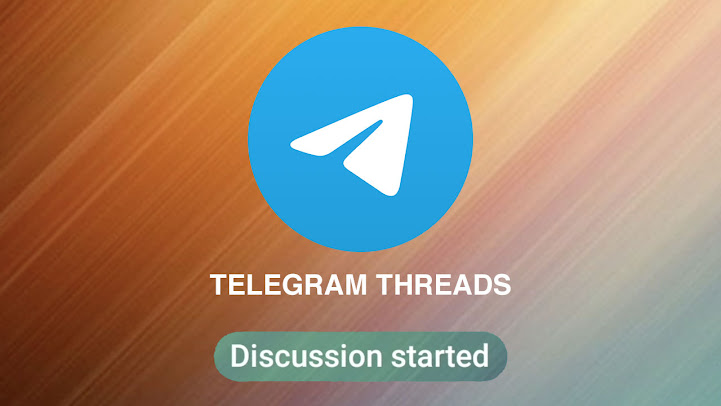Dear Friends ...
It's not me ... It's you.
Every now and again I get a "Friend request" on Facebook. Each time this happens there are two things I contemplate.- Why does the person need to send me a friend request?
- What happens if I click confirm?
It's me ... not you.
"Social Media" is simply digital communication.
- A status update is communication.
- An Instagram post is communication.
- A text message is communication.
- A tweet is communication.
- An email is communication.
- A WhatsApp message is communication.
Everything digital, intended to be seen by others, is "social media". They are all someone communicating something.
There are differences between mediums: one difference is the expectation of a "reply" for example - for a status update, Instagram post or Tweet a "Like" may suffice. For text, a WhatsApp message, or an email one usually expects something more tangible.
There are technical differences between mediums also, but rather than detail those here I'll cut to the chase. There's a simple communications concept, outside of platform restrictions, which I believe should hold true.
What social media should be ...
- You should be able to communicate with another person.
If that person so wishes.
Pretty simple right?!
You'll notice that it is not written as: you should be able to communicate with "your friend" if your friend so wishes. It's simpler than that. Relationships sit outside of your right to communicate with others. The only thing that trumps your right is the individual right of the other.
A "friend request" may, on the surface, seem fine. But it's the illusion of control. Confirming one request after the next. ... It is possible to confirm up to five thousand requests, which may be a larger number than the number of people you'd actually call a real friend, but it's a tiny number compared to the numbers online who you have opted out of being able communicate with and can't allow to communicate with you, should you want to.
The requests I have sitting at facebook.com/friends/requests/ are mostly people I personally call friends. Some of them are good friends, some of them really good friends.
Back to Facebook ...
- Why does the person need to send me a friend request?
A "friend request" may, on the surface, seem fine. But it's the illusion of control. Confirming one request after the next. ... It is possible to confirm up to five thousand requests, which may be a larger number than the number of people you'd actually call a real friend, but it's a tiny number compared to the numbers online who you have opted out of being able communicate with and can't allow to communicate with you, should you want to.
The requests I have sitting at facebook.com/friends/requests/ are mostly people I personally call friends. Some of them are good friends, some of them really good friends.
- What happens if I click confirm?
Clicking "Confirm" means I'm saying it's OK that you need to ask permission to be able to communicate. But ... You should be able to communicate with another person, if that person so wishes. So having to ask is definitely not OK.
Principles
- What happens if I don't click confirm?
When I don't click confirm I do miss out. I miss out because having to ask for something related to communication has been common practice: asking for someone's email address, asking for someone's phone number, sending a "friend request" on Facebook, making a "connection request" on LinkedIn are all things people are used to doing without thought.
For me the idea that you have the right to communicate with others, is a principle that is worth some small personal FOMO cost.




Comments
Post a Comment